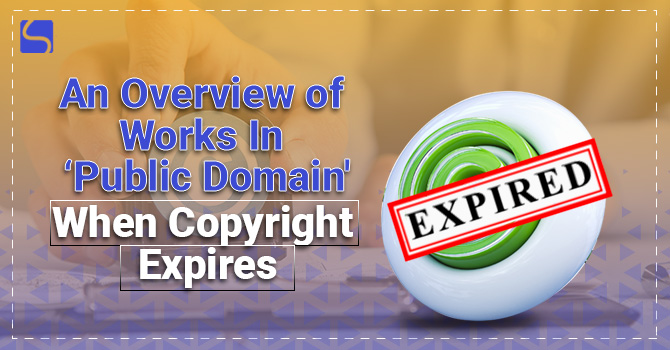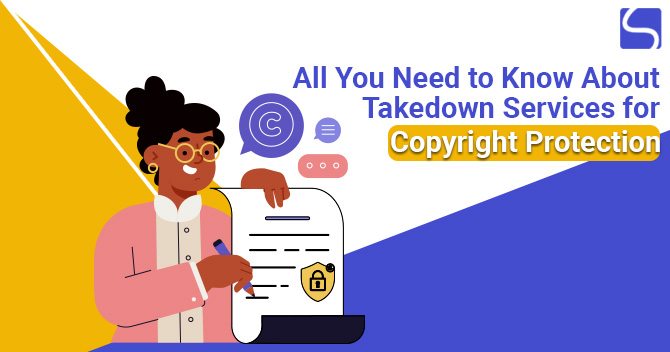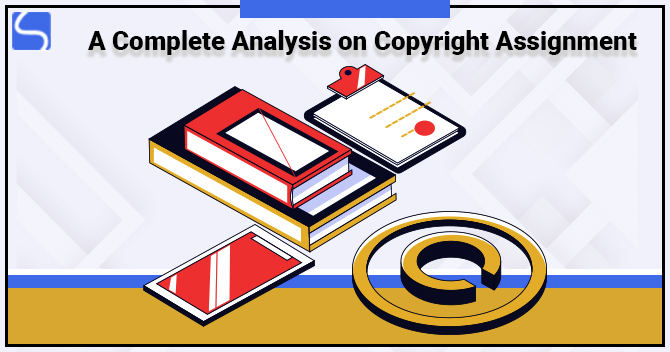What are the Legal Actions Taken Against Copyright Infringement?
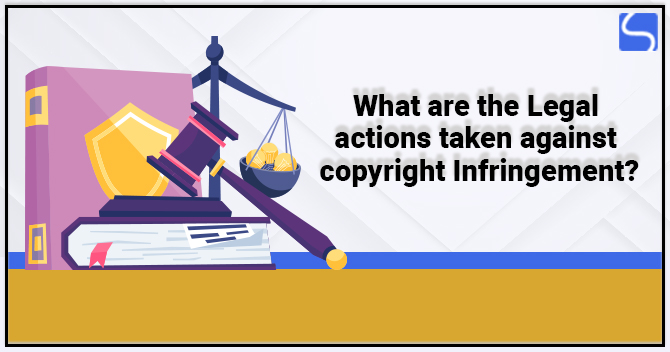
Japsanjam Kaur Wadhera | Updated: Mar 02, 2021 | Category: Copyright
Intellectual Property Right is a legal right that is granted to the owner for a specific period of time so as to protect its original work from unauthorized use by others. Copyright is one of the intellectual property rights which are provided to the creator or author of the original work that gives an exclusive right to distribute or reproduce the copyrighted work. The use of copyright without the authorization of the owner results into the copyright infringement. This article will discuss about what are the legal actions taken against copyright infringement in India.
Table of Contents
What is Copyright?
Copyright is a right provided to the author or creator of the original work that gives protection to his work from unauthorized use by the others. Copyright subsists in literary, dramatic, musical, artistic, cinematograph and sound recording work. A copyright owner is entitles to get following rights:
- Publish the work.
- Produce work in the public.
- Perform work in public.
- Translate the work.
- Make any record or cinematograph film of the work.
- Broadcasting of work.
- Making adaptation of the work.
- Making copies of work and distributing it.
- Making derivatives of the work.
- Preventing others from making unauthorized use of copyrighted work.
The term of copyright in case of musical, literary, artistic or dramatic work is the lifetime of the author while for posthumous publication, cinematograph films, record etc; the term is 60 years from the date of the publication. In case of broadcasting, copyright exists for 25 years from the year in which the broadcast was made.
Also, Read: What are the Vital Documents Required for Copyright Registration?
What is Copyright Infringement?
Copyright infringement means using of copyrighted work of the owner without his permission. Infringement is occurred when a person intentionally or unintentionally uses or copies the owners work without credit. Infringement is divided into two categories- primary and secondary infringement.
Primary infringement means the actual act of copying whereas, secondary infringement means unauthorized dealing like importing, selling pirated books and etc. in the latter case, knowledge of infringement is present with the infringer whereas in the former case the knowledge of infringement may or may not be present.
Occurrence of Copyright Infringement
Copyright Infringement occurs in India when:
- The copies of copyrighted work are made and sold without the authorization of the authority, for example in the case of online piracy.
- A copyrighted work is being performed in the public place.
- Infringed copies are distributed through trade for the purpose of personal gains.
- Public exhibition of infringing copies through trade prejudicial to the owner.
- The infringed copies are imported in India from another country.
Legal Actions taken Against Copyright Infringement
In order to take legal actions against copyright infringement , the following requirements must be included:
- Proof of the ownership of the copyright.
- Considerable similarity between the original work and the infringed work.
- The copyrighted work results to improper appropriation.
If the above mentioned conditions exist, the first thing that the owner of the copyrighted work must do is to send a legal notice to the entity or a person guilty of copyright violation. In case of the online copyright infringement, the owner must send a takedown notice to the person or the entity involved.
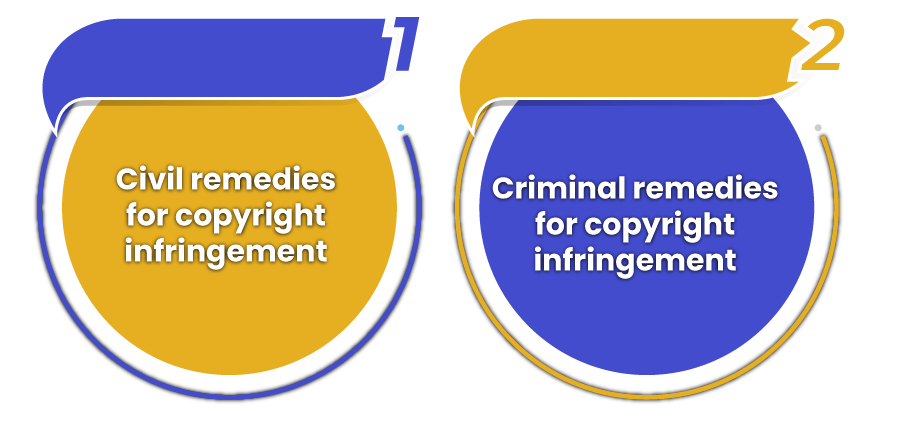
Civil Remedies for Copyright Infringement
The civil actions taken against copyright infringement are provided under Section 55 of the Copyright Act, 1957. The following reliefs are granted by court under civil remedies:

Interlocutory Injunction
This is the most important relief are it prevents the infringer from doing any act that amounts to copyright infringement. In many cases, the application filed for interlocutory relief rarely goes beyond the interlocutory stage. Three requirements are to be fulfilled to grant interlocutory injunction, that is, firstly there must be a prima facie case. Secondly there is a need of balance of convenience ad lastly, there must exist an irreparable injunction.
Pecuniary Remedies
Three pecuniary remedies can be availed by the copyright owners under Section 55 and 58 of the Copyright Act, 1957.
- Firstly, an account of profits that allows the owner to seek the sum of money made equal to the profit made through the unlawful conduct.
- Secondly, compensatory damages which allows the copyright owner to seek the damages he suffered because of the infringement.
- Thirdly, conversion damages which are evaluated according to the value of the article.
Anton Pillar Orders
This remedy gets its name from the holding in Anton Pillar AG vs. Manufacturing Processes. The Anton Pillar Order mentions the following elements:
- Firstly, an injunction restraining the defendant from infringing or destroying the goods.
- Secondly, an order allowing the layer of the plaintiff to search the premises of the defendant and take goods in their safe custody.
- Thirdly, an order that the defendant must be directed to disclose the names and addresses of the consumers and suppliers.
Mareva Injunction
This remedy comes into play when the court believes that the defendant is probably trying to delay or obstruct the execution of any decree that is being passed against him. Thereby, the court has the power to direct the defendant to place any part or whole of his property under the court’s disposal as may be sufficient to satisfy the decree. This is provided in Order XXXVIII, Rule 5 of the Civil Procedure Code, 10908.
Norwich Pharmacal Order
This order is usually passed when some information is required to be discovered from the third party.
Criminal Remedies for Copyright Infringement
The following criminal remedies are provided for infringement under the Copyright Act, 1957:
- Imprisonment that is up to 3 years but not less than 6 months.
- Fine that may not be less than 50,000 but may extend up to 2, 00,000.
- Search and seizure of infringed goods.
- Delivery of infringed goods to the original copyright owner.
Conclusion
The copyright laws are important for the development of the society as creativity is an important essence for growth. The purpose of copyright is to protect the rights of the original owner of the work and provide him/ her with the benefits for the creativity. Therefore, there are civil and criminal remedies provided for the legal actions taken against copyright infringement as provided under the Copyright Act, 1957.
Also, Read: Is it Possible to do Copyright for Public Performance License?












